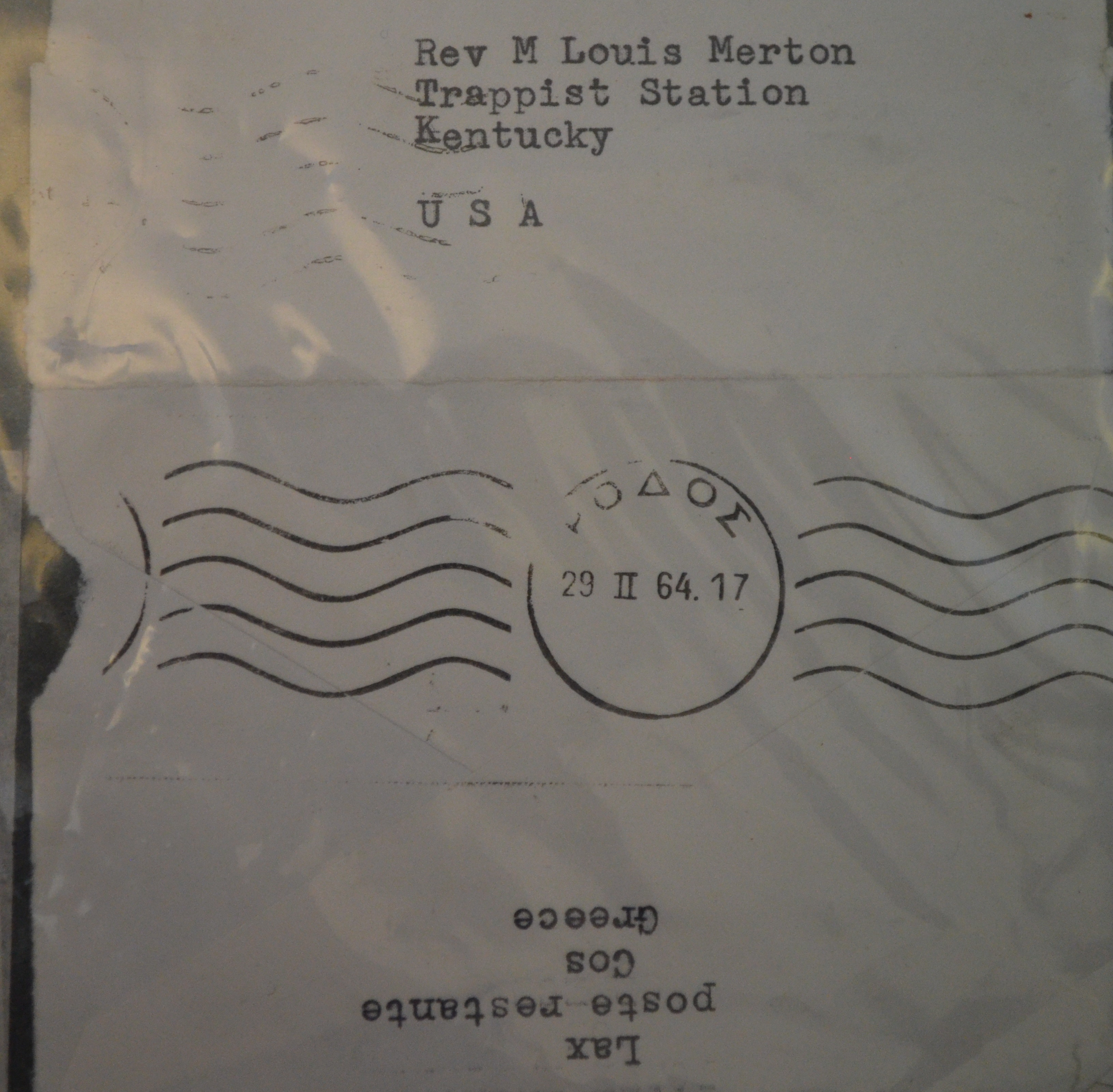Twenty-one years ago, I graduated from Columbia University’s MFA in Creative Writing program with a focus on fiction writing. My intention was to find a job teaching fiction writing and focus on writing short stories and novels, all of which I did…for a while.
My first teaching job was at Southern Illinois University at Carbondale, where I taught three sections of fiction writing each term, with an occasional literature class, while advising the student magazine, Grassroots. During the three years I spent there, I revised and published four short stories I had written in graduate school, one of which, Fireline, published in StoryQuarterly, went on to win both an Illinois Arts Council Literary Grant and the Daniel Curley Award for Short Fiction. I completed the novel that had been my thesis too, and found an agent for it. So far, everything was going according to plan…
But I couldn’t find a permanent job in Fiction and, since I had a solid journalism background and had published a number of essays and profiles in publications such as Poets & Writers, I started applying for Nonfiction jobs. I was ultimately hired by Portland State University in 2000 to help found its graduate program in nonfiction writing. When the agent failed to sell my novel, I started shifting my energies more and more into nonfiction and, although I worked on another novel for a time, I left fiction behind.
Now that I’m retired from teaching, I’m able to go back to my first love. I’m working on that set-aside novel again and I recently published a short story–my first in 17 years–in Inkwell. It’s called “O Kairos” and features a Greek couple scratching out a living on a small island. You can read the beginning of it here.

